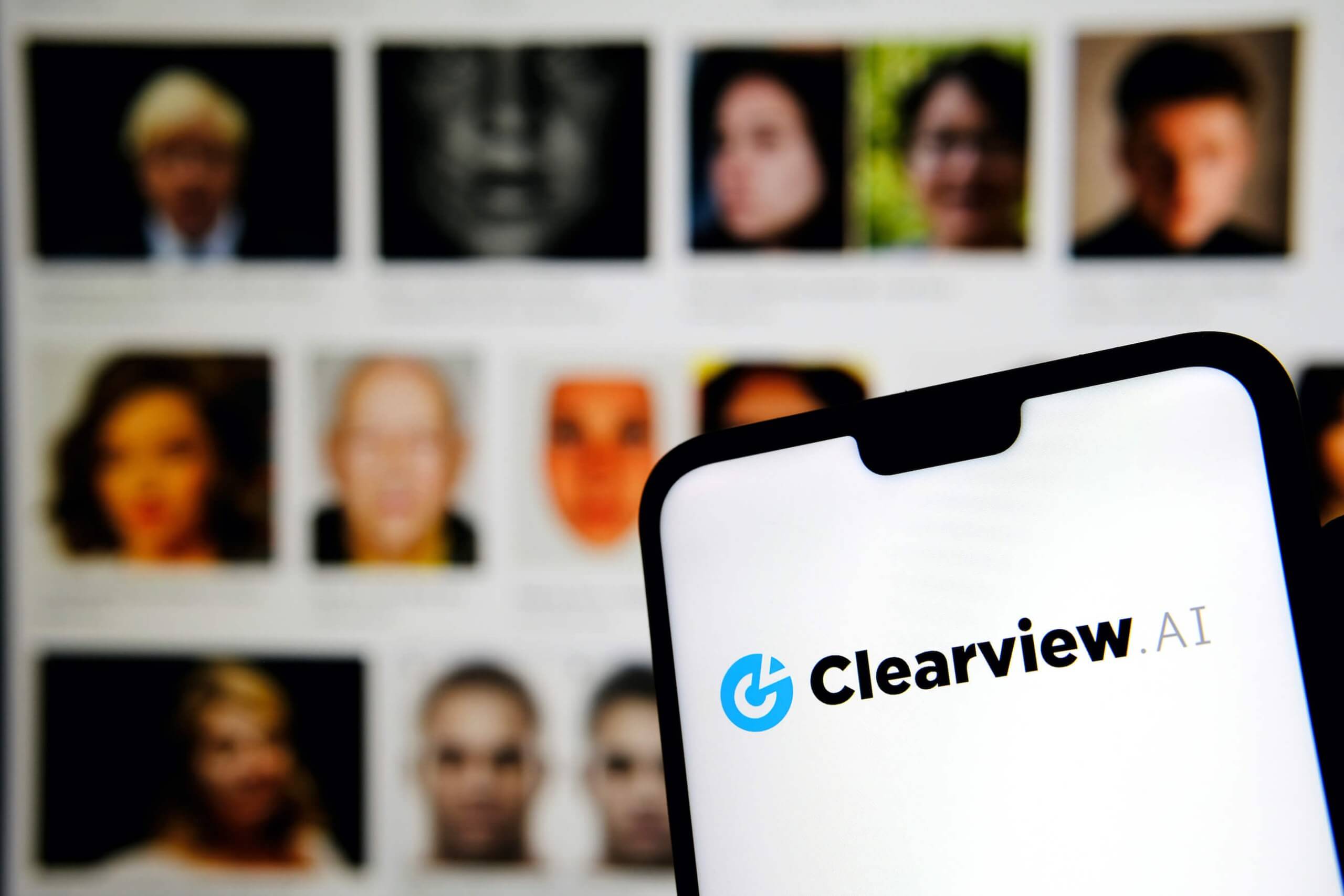In context: Clearview AI has a facial recognition database containing over 3 billion images with linked personally identifiable information. Chances are that if you have a social media account that is not completely locked down, you are in it. This cache is accessible by law enforcement and companies that use Clearview's app and can identify people using only a photograph.
Clearview AI's business practices continue to come under fire as it faces another lawsuit. This time the facial-recognition startup is being sued by Vermont's attorney general. The complaint is asking courts for an injunction against Clearview, ordering it to stop collecting the data of Vermont residents.
Attorney General TJ Donovan said in an official statement that it "disturbs" him that the company is continuing to collect images and other personal information from citizens, especially that of children.
"I am disturbed by this practice, particularly the practice of collecting and selling children's facial recognition data," said Donovan. "This practice is unscrupulous, unethical, and contrary to public policy."

The lawsuit also claims that Clearview's methods violate Vermont's Data Broker Law, which prohibits fraudulently scraping personal data from the internet without notice or consent. The lawsuit was only filed after the company ignored a cease-and-desist letter from the attorney general's office.
Clearview has openly admitted to scraping publically available data from websites like Facebook, Twitter, and Google, all of which have sent the company cease-and-desist letters. The startup also faces a class action filed in Illinois for allegedly violating that state's Biometric Information Privacy Act.
Clearview AI CEO Hoan Tan-That has maintained that he has a constitutionally protected right to grab personal data that is available on the public internet. He sees nothing wrong with building a database of personal information on those who have put themselves out there.
"If it's public, you know, and it's out there, it could be inside Google search engine, it can be inside ours as well," Tan-That said in response to the C&D demands he received in February. However, his defense is not flying with Vermont's top cop.
"I will continue to fight for the privacy of Vermonters, particularly our most vulnerable," said Donovan.
Masthead credit: Ascannio via Shutterstock
